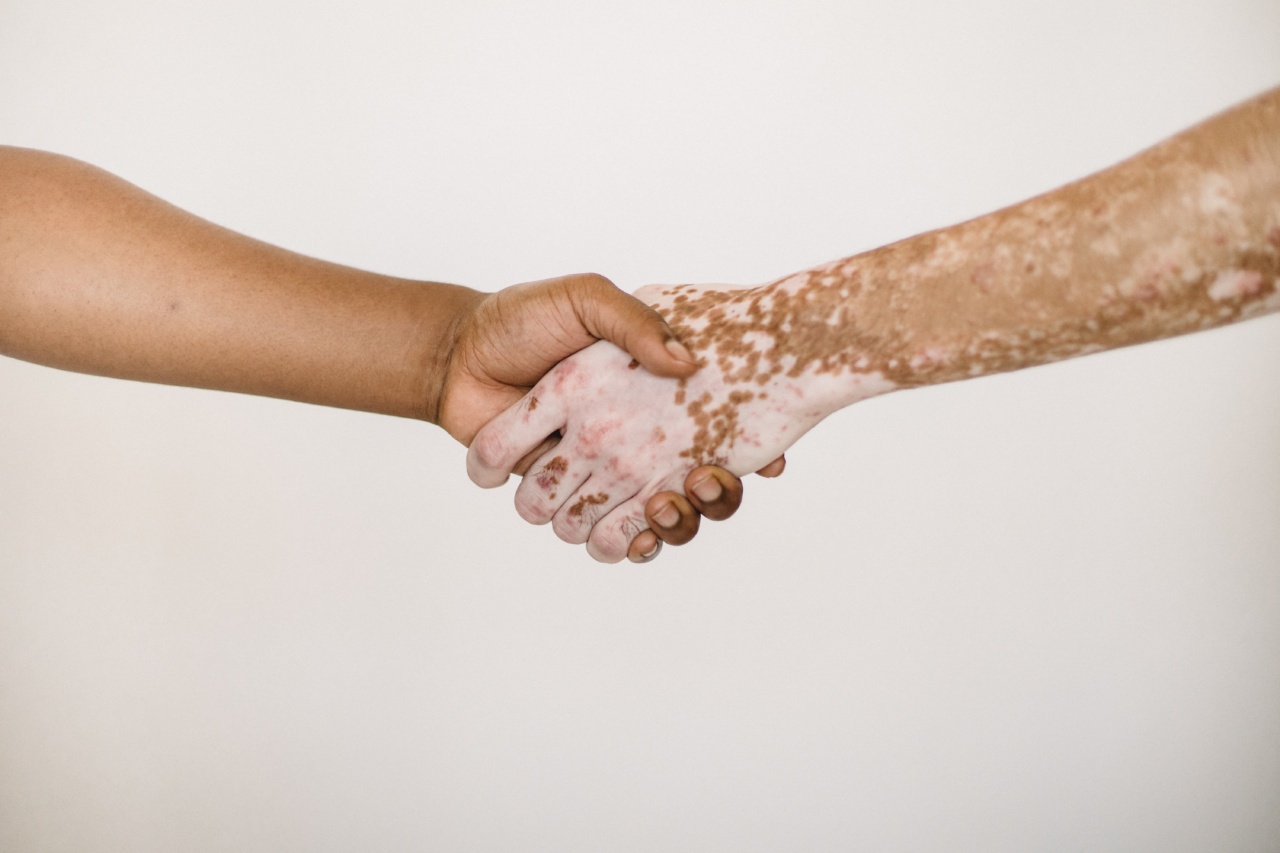Psoriasis is a chronic autoimmune skin condition that affects over 8 million Americans. Despite its prevalence, there are still many misconceptions surrounding this condition that can create confusion and misunderstandings.
Here are 8 common misconceptions about psoriasis:.
Misconception 1: Psoriasis is just a skin disease
While psoriasis is primarily a skin condition, it can also affect other areas of the body, such as the nails and joints.
In fact, up to 30% of people with psoriasis also develop psoriatic arthritis, a painful and debilitating condition that affects the joints.
Misconception 2: Psoriasis is contagious
Psoriasis is not contagious and cannot be passed from person to person through physical contact. It is an autoimmune condition that is caused by a faulty immune system, not by a virus or bacteria.
Misconception 3: Psoriasis is caused by poor hygiene
Psoriasis is not caused by poor hygiene or a lack of cleanliness. It is an autoimmune condition that is caused by genetic and environmental factors.
Misconception 4: Psoriasis is only a cosmetic issue
While psoriasis can be unsightly and embarrassing, it is not just a cosmetic issue. It can have a significant impact on a person’s quality of life, causing pain, itchiness, and discomfort.
Misconception 5: Psoriasis only affects older people
Psoriasis can affect people of all ages, including children and young adults. In fact, about 25% of people with psoriasis develop symptoms before the age of 20.
Misconception 6: Psoriasis can be cured
While there is currently no cure for psoriasis, there are treatments available that can help manage the symptoms. These treatments can include topical creams, phototherapy, and systemic medications.
Misconception 7: Psoriasis is caused by stress
While stress can trigger a psoriasis flare-up, it is not the primary cause of the condition. Psoriasis is an autoimmune condition that is caused by genetic and environmental factors, not by stress alone.
Misconception 8: Psoriasis will go away on its own
Psoriasis is a chronic condition that cannot be cured. While symptoms may come and go over time, the condition will never fully go away without treatment.




























